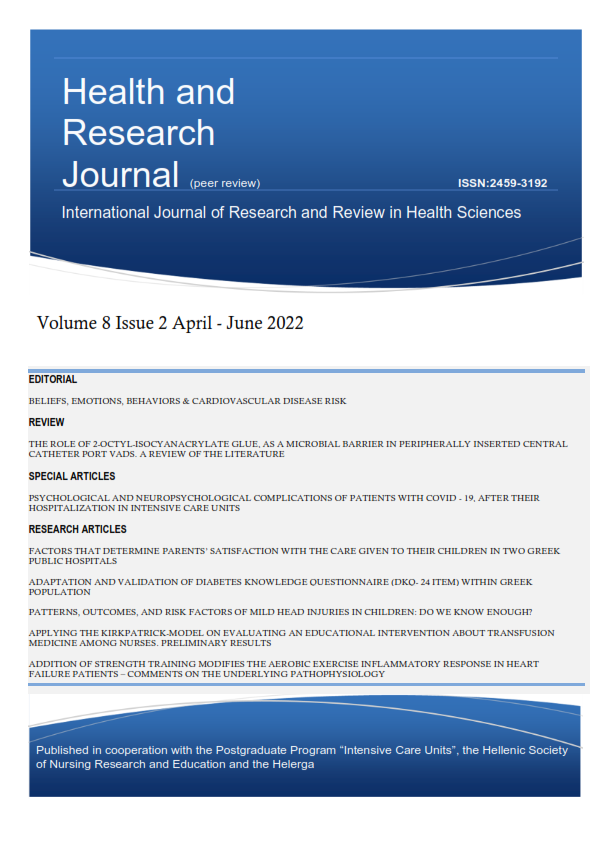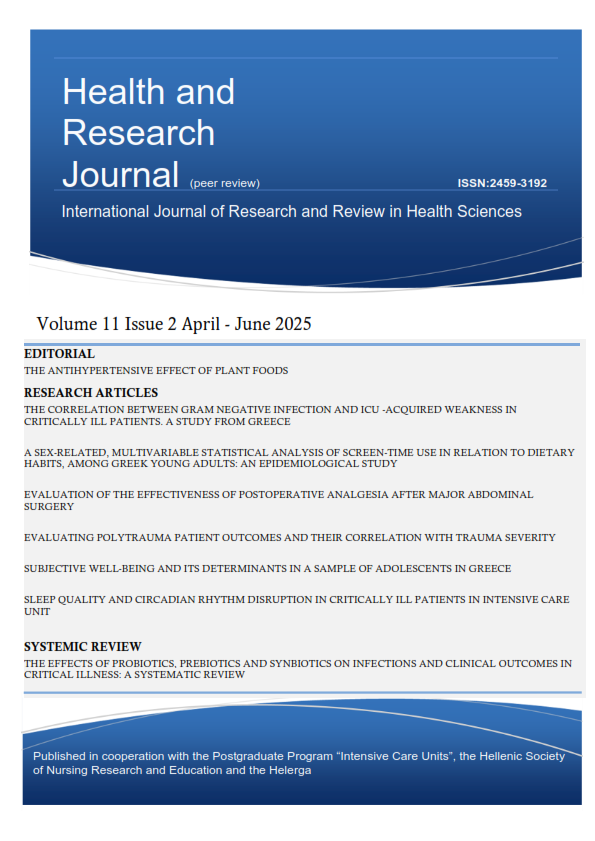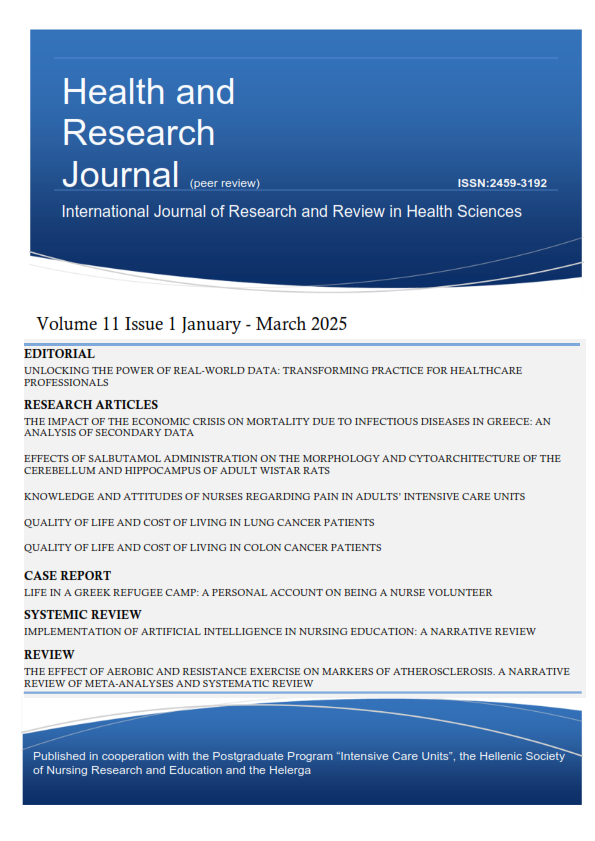Beliefs, Emotions, Behaviors & Cardiovascular Disease risk
Abstract
Cardiovascular diseases (CVDs) are the primary cause of death around the world (17.9 million deaths per year); heart attack and stroke account for 85% of CVD deaths. According to current demographic data, 1/3 of these deaths occur in adults under the age of 70 and more than 75% in low- and middle-income countries. Recent studies have provided clear evidence that psychological factors (e.g., depression, anxiety, personality traits, social isolation, and chronic life stress) have a key role in the pathogenesis and manifestation of cardiovascular disease because they affect platelet function, plasminogen activator inhibitor and fibrinogen, inflammatory cytokines, serotonin transporter (SERT) and endothelial function. Therefore, pathophysiological mechanisms underlie the relationship between these entities and CVD, whereas alongside psychological conditions contribute to a higher frequency of adverse health behaviors, such as malnutrition, smoking and sedentary lifestyle.
Article Details
- How to Cite
-
Vassou, C., & Panagiotakos, D. (2022). Beliefs, Emotions, Behaviors & Cardiovascular Disease risk. Health & Research Journal, 8(2), 63–67. https://doi.org/10.12681/healthresj.29184
- Section
- Editorial
Copyright notice:
Authors retain copyright of their work and grant the Health and Research Journal the right of first publication.
License:
Articles are published under the Creative Commons Attribution 4.0 International License (CC BY 4.0). This license permits use, sharing, adaptation, distribution, and reproduction in any medium or format, including for commercial purposes, provided that appropriate credit is given to the author(s) and the original publication in this journal, a link to the license is provided, and any changes are indicated.
Attribution requirement:
Any reuse must include the article citation and DOI (where available), and indicate if changes were made.





